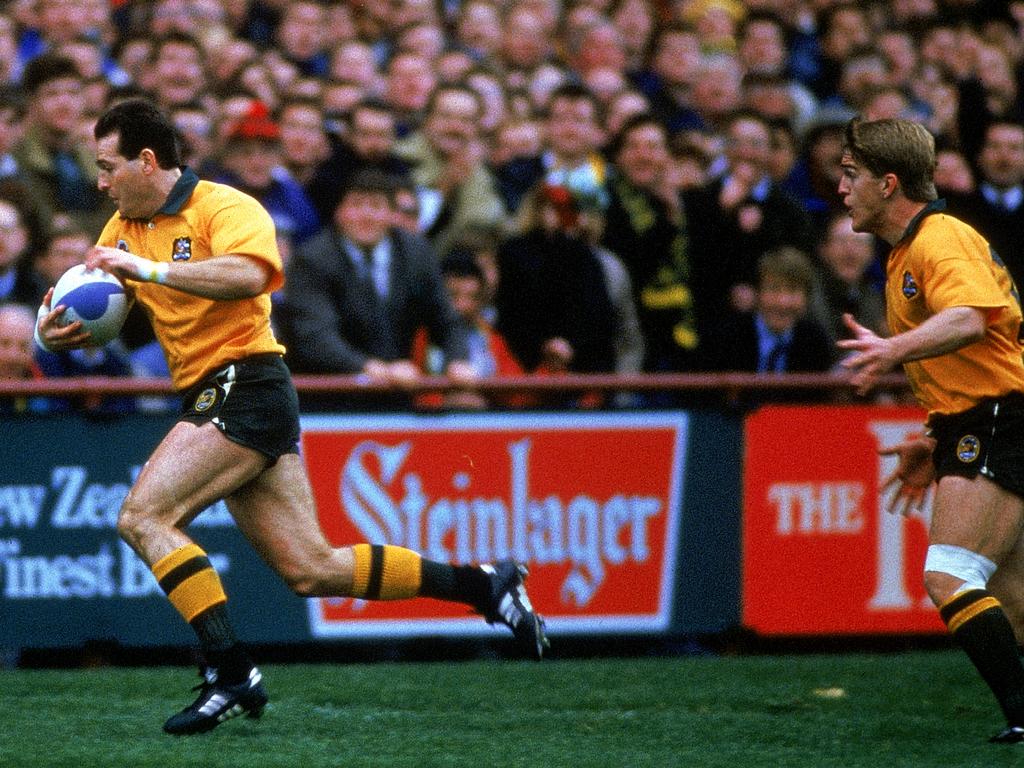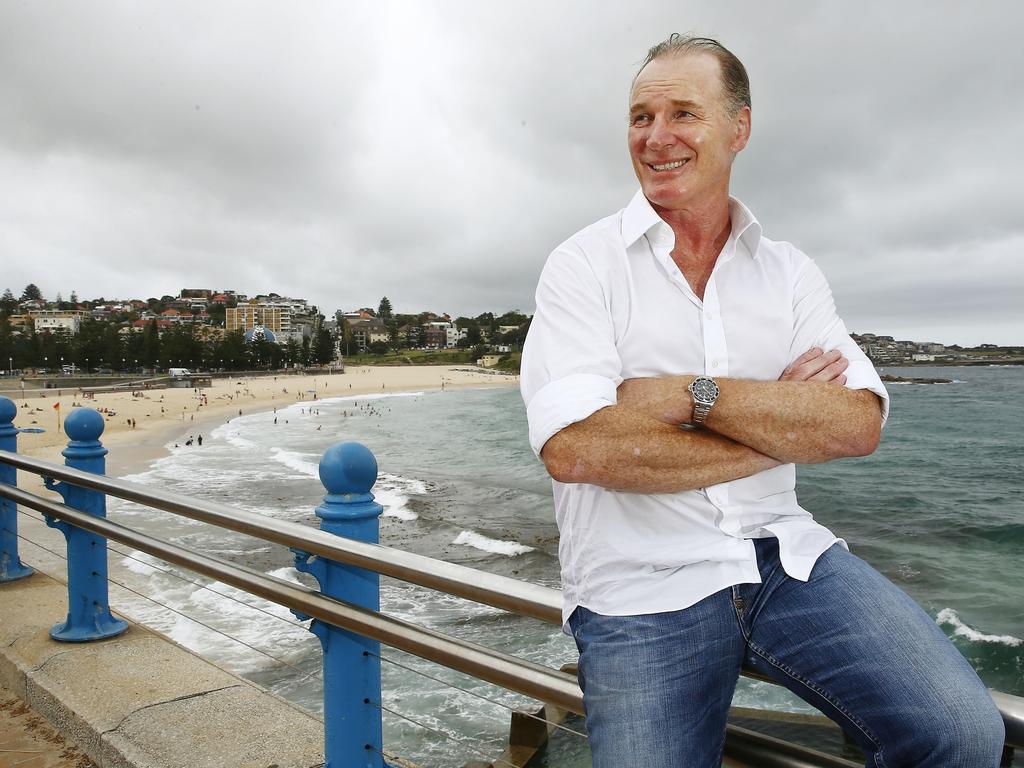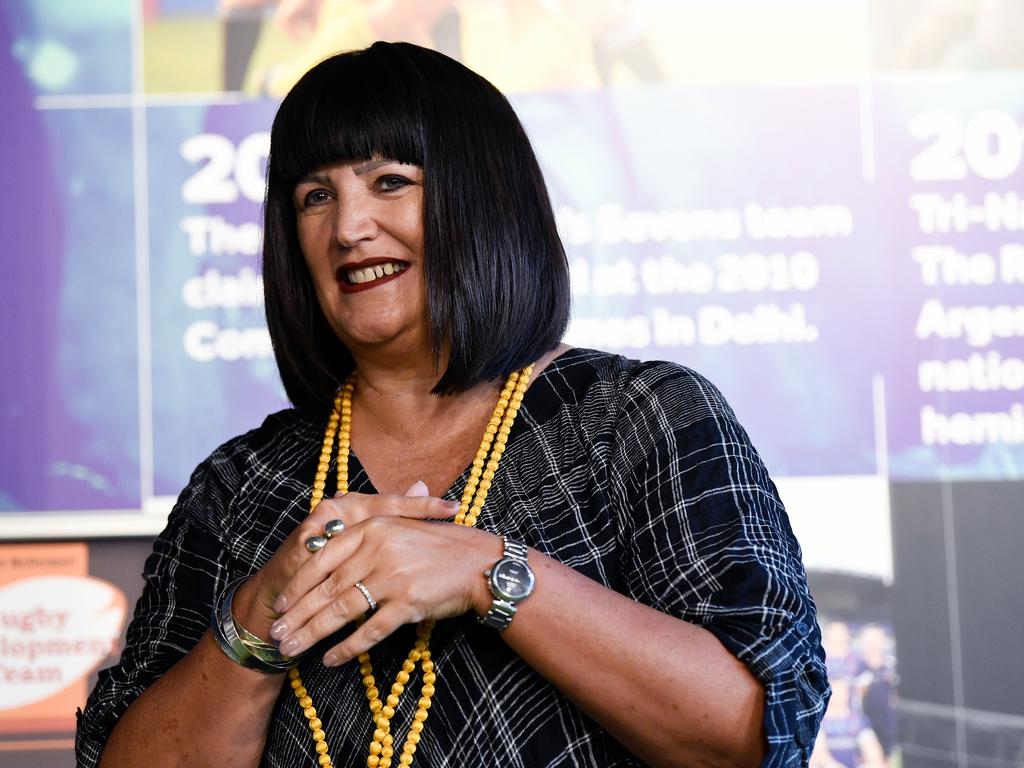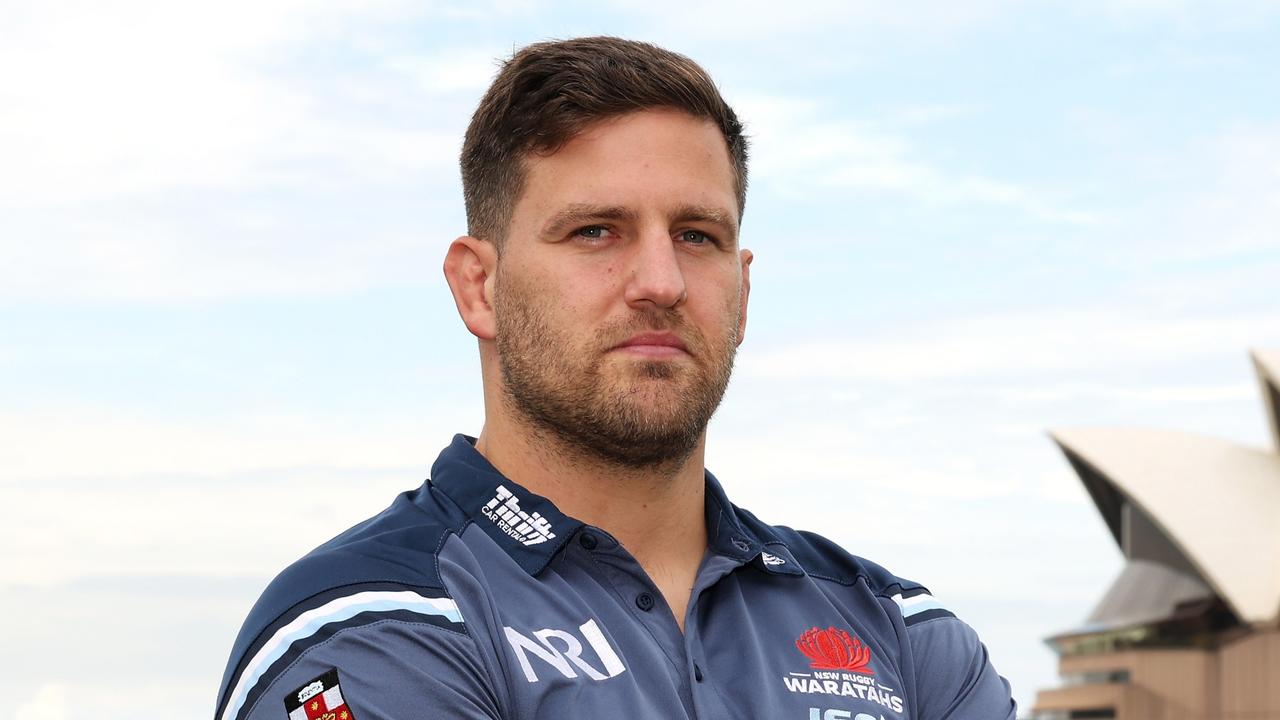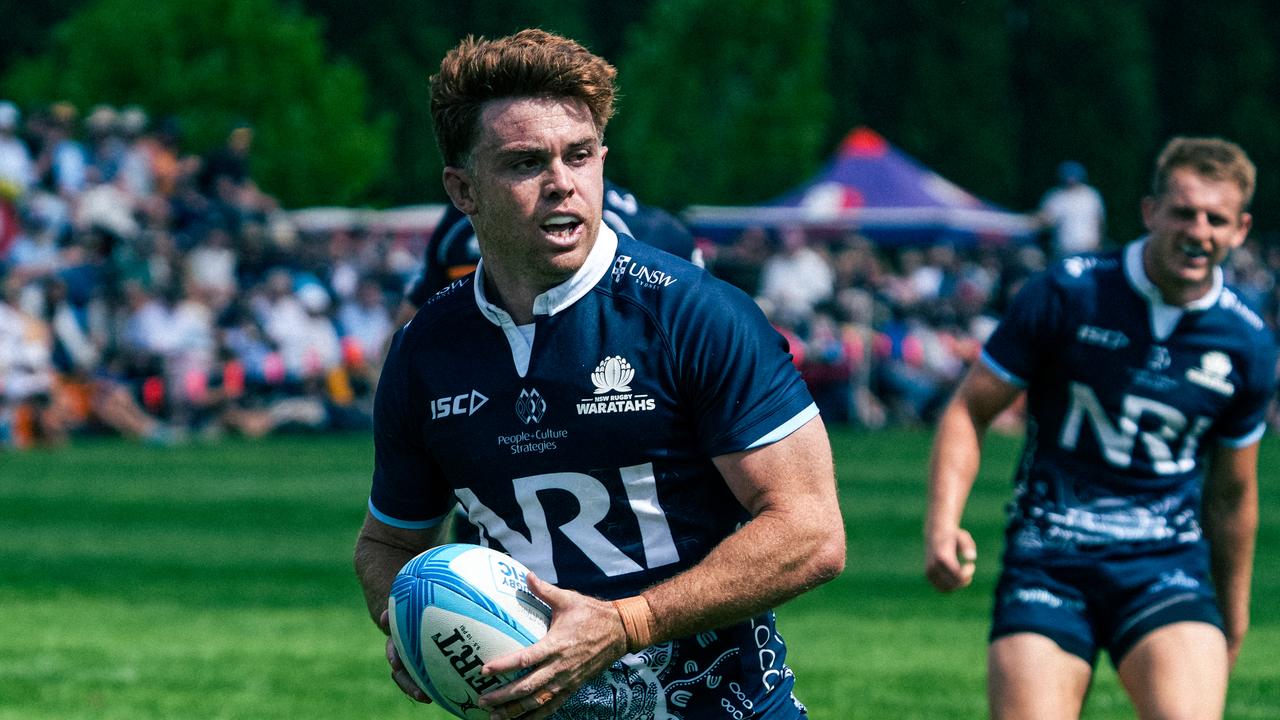What we need is the Wallabies winning again
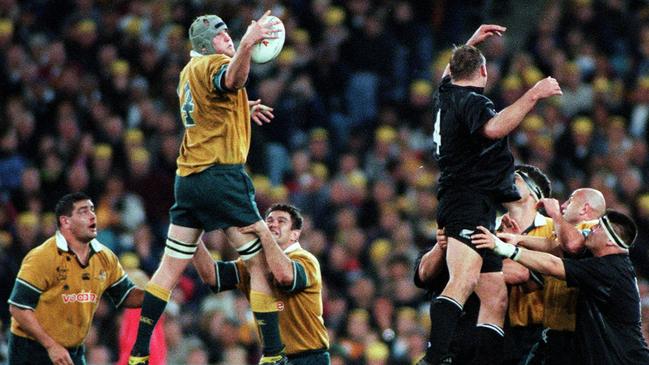
Australian rugby union is tying itself up in knots contemplating what type of administration it should have and what people should fill which roles, but what it needs more than anything else is for Dave Rennie to assume the role of Alexander the Great.
Legend has it that an oracle had foretold that the man who could unravel the hideously complicated knot on an ox-cart in the palace of the former kings of Phrygia at Gordium in the fourth century BC, was destined to rule all of Asia.
Alexander undoubtedly had ambitions in that direction but he was as perplexed as everyone else by the Gordian Knot. That is until, in a moment of inspiration — or perhaps it was more rage and frustration — he drew his sword and slashed the knot apart.
Problem solved. And it is almost as simple as that for Australian rugby. If Rennie can get the Wallabies to start winning again, if the Super Rugby sides can start finishing on the right side of the ledger, an astonishing turnaround can happen. Says who? Well, someone with some experience in these matters, John O’Neill.
“Poor administration, sure,” the former Australian Rugby Union CEO texted last week after news of the captains’ protest letter began to circulate.
“But when will the on-field failures by players be exposed to the same sunlight? If you have winning Super Rugby and Wallaby teams on a consistent basis, administrators look OK. The nexus is so damn obvious. I oversaw a glorious period of on-field success which made me look like a genius off-field. It’s as simple as that.
“Underperforming and overpaid has owned up to a ranking of seventh in the world. It is not just the administrators’ fault. Coaches, players, support staff structures … all are in the headlights.”
It was an extraordinary thing for O’Neill to admit. As an administrator, he was made to look like a genius by the likes of John Eales and Steve Larkham and George Gregan and co, and it must have been tempting for him to suggest they owed it all to him. No doubt the truth and the credit lies somewhere in the middle — he helped to create the structure which they then made work so spectacularly — but the reality was that on-field success spun off into so many other areas.
When O’Neill ventured to Britain to lecture the then International Rugby Board about the need for law changes, he wasn’t dissed the way Rugby Australia officials are today when they make the same arguments. He was listened to with respect and things happened.
One of the few advantages of the current lockdown are all the memorable old matches that are being replayed on Twitter and Facebook. And while I confess to generally steering clear of all the ones lodged by the All Blacks, there is something absolutely fascinating in watching the Bledisloe Test played on July 15, 2000 at the Sydney Olympic Stadium in front of a world record crowd of 109,874 spectators. OK, there was the minor inconvenience that New Zealand beat the Wallabies 39-35 with a heartbreaking late try to Jonah Lomu, but as everyone involved has subsequently admitted, it was the game of the century. What was most amazing of all was the sheer enthusiasm of everyone playing and watching.
So it comes as no surprise that three of the Australian players involved that night, Gregan, Stirling Mortlock and Jason Little, signed the captains’ protest letter last week and that a fourth — Rod Kafer — was undoubtedly backing them. They lived that remarkable experience and they want the rest of the Australian rugby family to experience what they felt. Yet equally, there were two captains in that side who didn’t sign, Eales — a former Rugby Australia director — and David Wilson, while Daniel Herbert is a current RA director and Joe Roff is one of four contenders to replace current chairman Paul McLean on the board when he stands down shortly.
It was a telling illustration of how rugby’s dire slump has divided everyone, even old teammates. But it also showed that everyone is united in wanting to get the game moving again.
While Raelene Castle was in the chair, Australia strung together an appalling record of 40 straight Super Rugby losses to New Zealand. She took over in 2017, inheriting structures that — like Super Rugby itself — had passed their use-by date.
She was no more responsible for the Australian teams bombing out than O’Neill was for the performance of the Australian teams in, say, the 2002 Super Rugby series, when the Waratahs and the Brumbies made the four-team finals and the Reds finished fifth, just one win away from qualifying.
The funny thing is that the supposedly warring parties have attempted to solve Australia’s rugby decline from entirely different starting points but have arrived at remarkably similar conclusions.
The captains came up with their proposed Australian Rugby Review Board while McLean, working quietly behind the scenes, is tinkering with a Rugby Australia Commission, similar to the AFL and NRL Commissions. Well, similar but different, because those other two codes are pretty much masters of their own destiny while rugby in Australia has somehow to work within a complex international structure.
“I don’t disagree with some of the stuff (the 10 captains have put forward) and I said that to Nick (Farr-Jones) when they wrote their first letter,” McLean told The Australian on Sunday.
Things will move quickly from here because McLean is running out of time. He has promised to leave no later than July 31 but, now that Rugby Australia is about to get its loan from World Rugby and has negotiated an interim pay cut with its players, he believes he needs to exit the stage sooner rather than later.
Everyone recognises that now and while the game is on “pause” is the appropriate time to get this done. Before McLean goes, he wants this debate about what type of structure should run Australian rugby to be well advanced, so there is no time for dallying.
Ultimately, though, the success or failure of all these off-field plans will depend on how things work out on the field.
Rennie has a new team, a new belief and hopefully a sharp sword. Hopefully he can make geniuses out of whoever follows in the footsteps of Castle and McLean.

